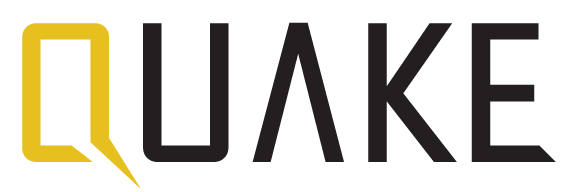“Many employers continue to overemphasize digital fluency and skills such as coding as a reliable way to future-proof our workforce, when in reality, even coding is not immune to automation ~ While traditionally referred to as “soft skills,” in reality these capabilities are critical to delivering business value and adapting hard skills as workforce needs change.”
-Steve Hatfield, Deloitte Global Principal – Future of Work
According to McKinsey, AI and automation will bring benefits in the form of high productivity, GDP growth, and improved corporate performance, but will change the skill sets required by human workers. As more companies are emerging to help enterprises automate the functions that once required a human such as data manipulation and tactical tasks at scale, workforces are demanding more highly cognitive skills. These skills include creativity, critical thinking, decision making, and complex information processing.
The Future-of-Work therefore requires a labor force that complements automation in order to achieve the best outcomes for an organization and its customers. This article is intended to spark a curiosity for how humans might leverage their relationship with automation, how this relationship might free up time to learn the new skills desirable in the evolving workforce, and what those skills might be.
“The future of work is about outcomes and not for working for salaries. One needs to work for higher principles and that always is the truth.”
-Anandamoy Roychowdhary, Principal, Sequoia Capital
The top workforces to adapt these major shifts include:
Healthcare
Manufacturing
Retail
Energy and Mining
Banking and Insurance
1. What tools and data are required to help develop critical thinking skills?
With automation also comes a higher accuracy of data and new systems needed to read and assess data. There is not a one size fits all in helping humans enable critical thinking skills. These skills are focused around leveraging data to create strategy, fix customer problems, and build new streams of revenue for the business, and at much faster rate.
2. If there are new roles and responsibilities for tomorrow’s workforce (new skills required to run an org), how do you set KPIs for these roles?
As there are a new scope of roles that people will transition into, organizations need to develop standards for those roles, while defining what success can look like.
3. What does hiring look like with new skills needed from Sales, and Engineering Executive?
As analytical skills and empathy is important – Sales execs will need to be more data driven and understand how automation works. This may require more and more technical skills. On the engineering side, more empathy may be needed.
4. What is considered the New Age Collar in the workforce? New focuses that never existed before will be created, so how would we classify this workforce? What does pay look like in these new fields, and what does an upward trajectory look like?
As these questions are meant to foster collaboration, Quake is looking for founders that are tackling these questions as they build the companies of tomorrow. We are excited for what the future brings and how automation will shift our priorities so that we can focus on the more important things that give our work meaning.
Quake NYC is set to launch its first official Future-of-Work 2.0 continuity program in the Fall. We are looking to invest in companies that are focused on changing the landscape of how we work, have an existing product in market, and are metric driven. If you meet the criteria, please visit www.quakecapital.com/new-york and apply.


